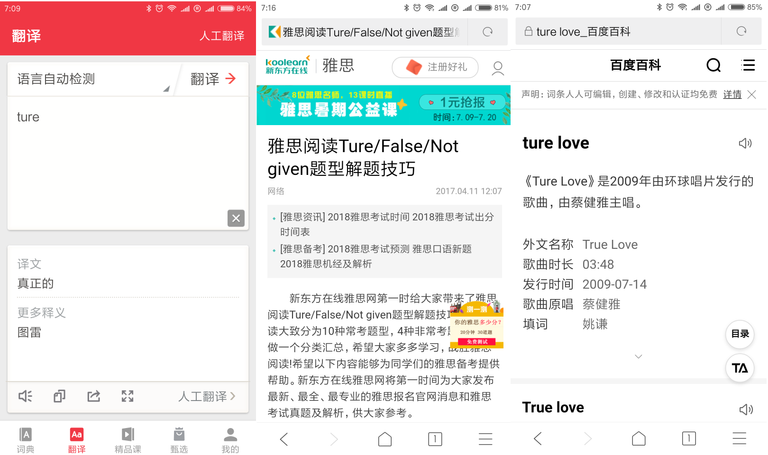The idea for these articles came to me during this past winter holiday, as I was reflecting on beginning my tenth year teaching English in China. In that time, I’ve noticed many common mistakes made by English learners and wondered why they were so common, yet so easily corrected. In other words, I wondered how it was possible for so many university students to have acquired the same bad habits, regardless of where they went to school or what their major was.
So, I decided to write a series of (mostly) short articles highlighted each of these puzzling errors, in the hope that students – and their teachers – can somehow explain why they occur and how best to stop students from making these mistakes in the future. I will post them in my Qzone, on Steemit.com, and on my blog.
Readers who are not familiar with English education in China need to understand that all university students have had English as a Foreign Language (EFL) instruction since middle school, and many from grade 3 in primary school. Additionally, all university majors need to take two years of English instruction and pass two national English-proficiency exams. Despite all these years of EFL instruction, many university students – even English majors – still make the same basic mistakes in grammar, vocabulary, pronunciation, orthography, and syntax. And I am at a loss to explain why.

Endemic errors: (from left) YouDao dictionary app giving "true" as first result, KooLearn website for English learners, search result from Chinese search site
Why do so many Chinese students people misspell the word “true” as “ture”?
The first time a student misspelled it, I thought she was just a poor speller. Even native speakers have trouble spelling. But then other students would make the same mistake. I would even see it on the Internet – the Chinese Internet (See examples above.). It seems as if a sizable number of people in China believe the opposite of “false” is “ture.”
I suspect that somewhere in the dim past, the printer of a school dictionary or English textbook had made a typographical error, flipping the letters in the word “true,” and started a snowball effect. Generations of learners have internalized the wrong spelling and now their first inclination is to write the word “t – u – r – e.”
I mean, it’s not as if textbook printers never make mistakes, right?
Trouble is, there is no such word in the English language, aside from a little used slang word meaning “pure and true.” Spelling “ture” to mean “the opposite of false” is just plain wrong, like confusing he and she. It’s careless and sloppy. I can excuse the occasional student who spells “true” wrong, but for online dictionaries and encyclopedias to accept “ture” as another way to spell “true” is inexcusable. They are just perpetuating a falsehood.
How did this particular error get started? And why does it still persist, despite years of teaching English in China? I never see “flase” or “turth” for example. Granted, the combination “-ture” does appear in many common English words – picture, mature, furniture – but never – NEVER – by itself.
So, it’s turly a mystery to me.
I think that I know the reason for it luckily. Because at that time my late American husband/teacher also pointed out the same error to me, he must fail to suffer my misspelling--ture any more. (I know that there are a lot of other mistakes in my emails to him. Thank him to encourage and allow me to write in poor English boldly so much. )
I must say that I was rather shocked when I realized my mistake at first. It is so natural for me to spell "ture". It is all due to its pronunciation. It seems the subconscious of most of Chinese is the same. "True" looks a little heavy-headed. If we change it into "ture", it looks so balanced. In English syntax, it is important to seek the balance of sentence, in order to avoid the heavy head, people use "it" to replace the real long subject. Similarly in Chinese calligraphy, it is also important to seek the beauty of balance.
I have learned a lot from my cross-country and cross-race marriage. I feel our human nature is the same, but our biggest difference lies in the attention to detail. Oh, if at that time we both knew about our different details, maybe such kind of huge tragedy couldn't happen.
I've often thought it was because the letter combination "tu" is common in Mandarin, but "tr" is not. But my students seldom misspell "truly" or "truth" or "try" so maybe you are right about the balancing idea.
Sorry. Maybe it is due to the letter combination "tu". Maybe I just made a beautiful excuse for my spelling mistake. After I was reminded, I never spell "true" into "ture" later. Your blogs on common mistakes made by English learners are very meaningful and helpful. I love reading them so much. Thank you for your great job!